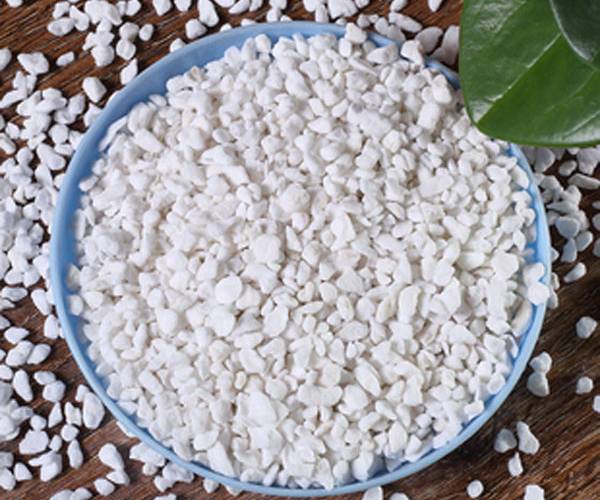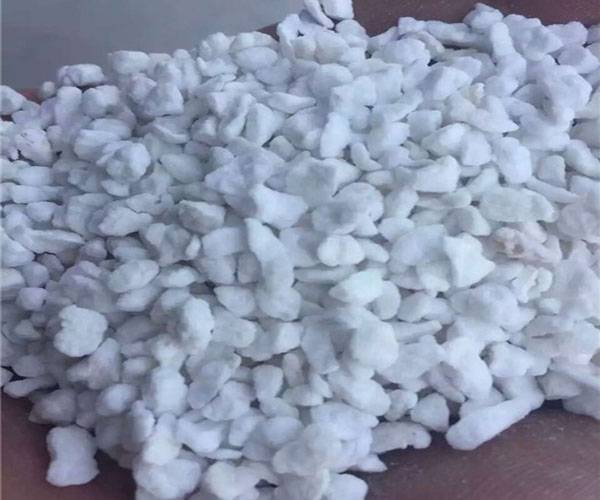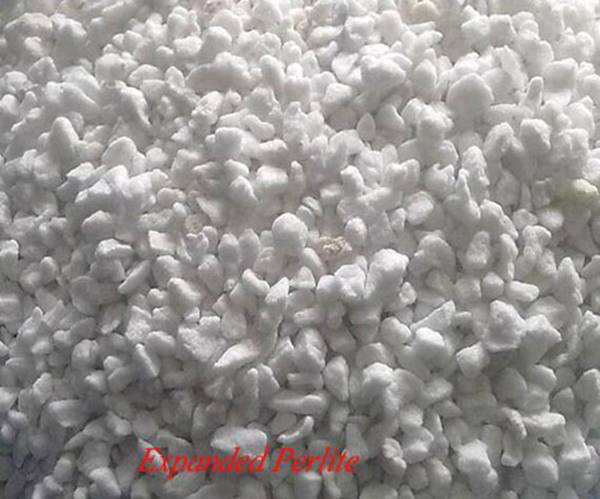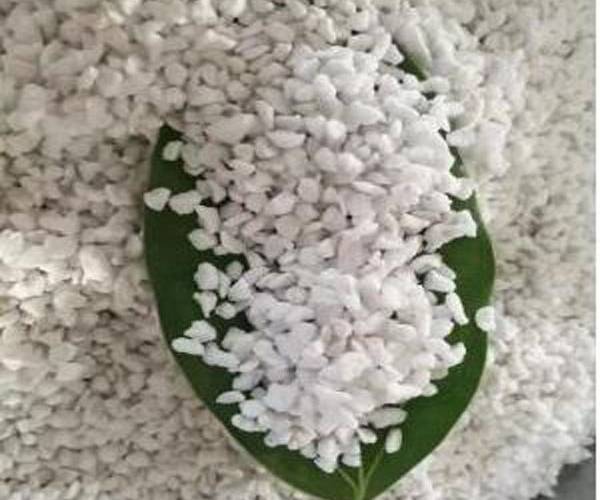Expanded Perlite in Horticulture - Superior Soil Aeration & Drainage

Official Website: https://www.kehuimica.com
Phone: +86 311 82445898
Email: admin@mcelia.com
Mobile: 13933187318
Address: Nanjialiang Village, Lingshou County, Shijiazhuang City, Hebei, China
The horticultural sector is increasingly turning towards sustainable, high-efficiency soilless substrates to support robust plant growth, improve aeration, and optimize water management. Among these substrates, Expanded Perlite in Horticulture stands out as a leading medium. It is a naturally occurring volcanic glass, transformed through controlled heat expansion to produce white, ultra-lightweight particles, tailored to fit a myriad of gardening and agricultural applications.
As the global demand for higher agricultural yields and resource-efficient practices grows, professionals, greenhouse managers, and landscaping companies are integrating Expanded Perlite in Horticulture into potting mixes, hydroponic systems, and soil amendments. The expansive surface area, inert nature, and unique water-retaining yet well-draining characteristics of expanded perlite directly address key pain points in horticultural production. According to research discussed on HortiDaily, the shift towards soilless and hydroponic-growing media is now an industry mega-trend, with expanded perlite at the forefront.




Product Name: Expanded Perlite in Horticulture
Product Alias: Gardening Perlite / Expanded Perlite
Particle Sizes Available: 4-8mm, 3-6mm, 2-4mm, 1-3mm
Typical Uses: Gardening Potting Soil, Planting Substrate, Hydroponics Growing Medium, Greenhouse Agriculture
Product Page: https://www.kehuimica.com/expanded-perlite.html
Lingshou County Kehui Mica Co., Ltd. prides itself in delivering horticultural expanded perlite with superior physical and chemical stability. Our perlite features:
- Exceptional porosity and low density (50–150 kg/m³), contributing to optimal moisture-air ratio for plant roots.
- High chemical inertness, free of phytotoxic substances.
- Consistent particle sizing, tailored for specific plant varieties or hydroponic setups.
- Long-term durability—maintains structure and performance during repeated wetting/drying cycles.
| Parameter | Specification | Expanded Perlite in Horticulture (Typical) | Industry Standard Value |
|---|---|---|---|
| Particle Size Range | mm | 1–8 (custom: 4-8/3-6/2-4/1-3 mm) | 0.5–10 |
| Bulk Density | kg/m³ | 60–110 | 50–150 |
| Water Holding Capacity | % by volume | 300–500% | 250–500% |
| pH Value | - | 6.5–7.5 | 6–8 |
| Total Porosity | % | >90 | 85–95 |
| Compression Strength | kPa | 20–60 | 15–60 |
| Chemical Inertness | - | No reaction | Inert |
| Organic Content | % | 0 | <0.5 |
Expanded Perlite in Horticulture is a versatile substrate widely recognized for its superior performance in the following application scenarios:
- Potting Soil Mixes: Used to lighten soil texture, improve aeration, and boost drainage while retaining adequate moisture for plants. Reduces risk of root rot and compaction.
- Hydroponics Systems: Acts as a neutral, inert medium in NFT, DWC, and drip hydroponic installations, ensuring stable root support and optimal nutrient uptake.
- Propagation & Cuttings: Fine grades encourage rapid root initiation for seedlings and clones, while minimizing fungal and damping-off diseases.
- Greenhouse & Commercial Agriculture: Used as a standalone substrate or as a mix to optimize crop yields under controlled environmental conditions.
- Landscaping & Horticultural Projects: Enhances soil structure in raised beds, lawns, and rooftop gardens, delivering enduring aeration and moisture management.
Lingshou County Kehui Mica Co., Ltd. upholds stringent product standards and prioritizes research-driven innovation. Multiple international horticulture forums, including the Perlite Institute, reference the necessity for stable, high-purity perlite with strict particle size control and no hazardous chemical residues—criteria that our Expanded Perlite in Horticulture consistently meets or exceeds.
Our quality and processes are externally validated by regular testing in accordance with ISO 9001 and European FIBL standards (source: FIBL Horticulture Inputs). Continuous investment in R&D ensures:
- Environmentally responsible, recyclable production cycles.
- Tailored particle grading and dust reduction for precise horticultural requirements.
- Stable, high-purity batches and rapid global logistics.
With soilless and hydroponic cultivation accelerating globally, propelled by the need for sustainable and high-density food production, Expanded Perlite in Horticulture is asserting its role as a premium substrate. With its eco-friendly origins, long lifecycle, and energy-efficient processing, perlite will continue to thrive in both established agricultural markets and emerging urban vertical farms.
According to HortiDaily's market analysis, the international perlite market is expected to grow at over 7% CAGR through 2030, based mainly on horticultural use cases—validating the substrate’s futureproof position in modern agriculture.
As digital farm management and precision fertilization technologies converge, demand for inert, uniform substrates like Expanded Perlite in Horticulture will remain robust. Lingshou County Kehui Mica Co., Ltd. stands ready to engineer and deliver next-generation perlite media for global partners.
For tailored technical advice, direct consultation, or bulk ordering of quality Expanded Perlite in Horticulture, please contact Lingshou County Kehui Mica Co., Ltd. by phone (+86 311 82445898), by email (admin@mcelia.com), or visit us at: Nanjialiang Village, Lingshou County, Shijiazhuang City, Hebei, China.
Our team of agri-scientists and export specialists is ready to support your most demanding horticultural and hydroponic projects.
- HortiDaily: Perlite in Soilless Substrates, International Applications
- Perlite Institute: Perlite Info & Best Practices
- FIBL: Perlite Horticultural Inputs
- International Society for Horticultural Science (ISHS): Substrate Guidelines
- ResearchGate: Evaluation of Lightweight Horticultural Substrates
- LiveScience: What is Perlite?
-
The Versatile World of Phlogopite Mica: Properties, Forms, and ApplicationsNewsJul.14,2025
-
The Versatile Applications of Calcined Mica: From Decoration to Industrial UseNewsJul.14,2025
-
The Role of Muscovite Mica in Industrial Insulation MaterialsNewsJul.14,2025
-
The Benefits of Using Expanded Clay Pebbles in Hydroponics and Soil GardeningNewsJul.14,2025
-
Innovative Applications of Mica Flake in Paints and CoatingsNewsJul.14,2025
-
Gardening Expanded Clay Usage: A Complete GuideNewsJul.14,2025
-
The Use of Natural Mica Powder in Skincare ProductsNewsJun.11,2025








